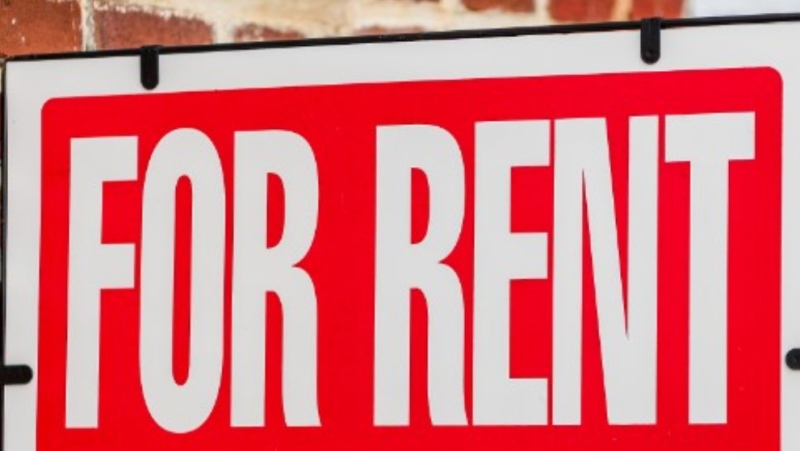Winnipeg’s rental market has experienced the fastest growth in Canada, according to a recent report.
The report, released by the Canada Mortgage and Housing Corporation (CMHC), shows that Winnipeg’s average rent for a two-bedroom apartment has increased by 5.7% in the past year. This is significantly higher than the national average of 3.9%.
The report also reveals that Winnipeg’s vacancy rate has dropped to 2.6%, down from 2.9% in 2019. This means that there are fewer available rental units in the city, leading to an increase in demand and subsequently, higher rent prices.
Experts attribute this rapid growth to a combination of factors, including a strong economy, a growing population, and a limited supply of rental units. Winnipeg’s economy has been steadily growing, with a low unemployment rate and a thriving job market. This has attracted more people to the city, increasing the demand for rental properties.
Additionally, the report notes that the COVID-19 pandemic has also played a role in the increase in rent prices. With many people working from home and spending more time indoors, the demand for larger living spaces has risen, driving up the prices for two-bedroom apartments.
While this may be good news for landlords, it has raised concerns for renters, especially those on a fixed income. The report highlights that the average rent for a two-bedroom apartment in Winnipeg is now $1,247, making it more challenging for low-income individuals and families to find affordable housing.
The CMHC report also provides a breakdown of rent prices in different areas of the city. The highest average rent for a two-bedroom apartment was found in the downtown area, at $1,500, while the lowest was in the North End, at $1,000.
Despite the significant increase in rent prices, Winnipeg still remains one of the most affordable cities to rent in Canada. The national average for a two-bedroom apartment is $1,405, making Winnipeg’s average rent prices relatively lower.
The CMHC report serves as a reminder of the ongoing challenges faced by renters in Winnipeg and the need for affordable housing solutions. It also highlights the importance of monitoring and addressing the factors that contribute to the rise in rent prices.
In conclusion, Winnipeg’s rental market has seen a significant increase in rent prices, with the average for a two-bedroom apartment rising by 5.7% in the past year. This is a cause for concern for renters, but also a reflection of the city’s strong economy and growing population.




